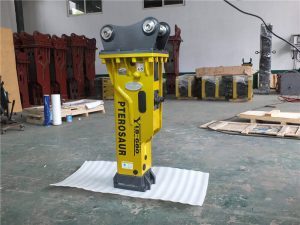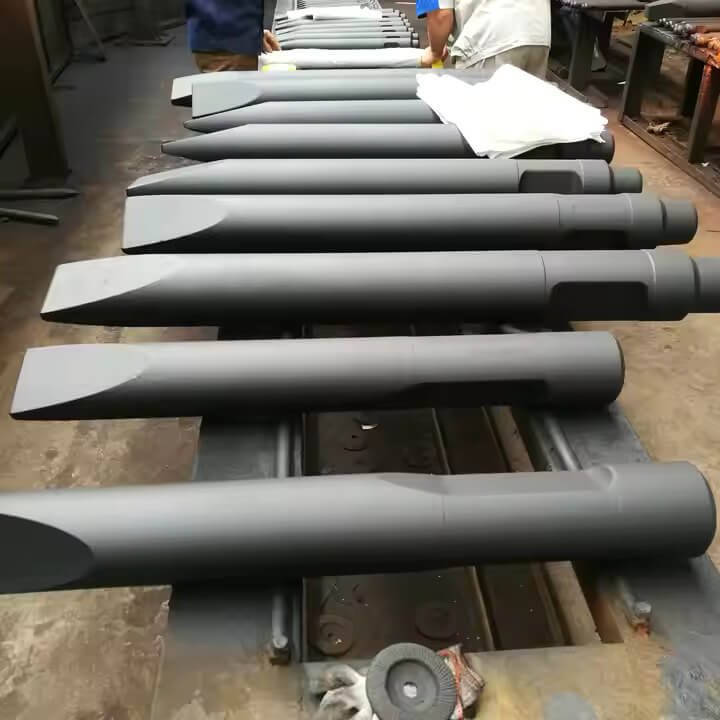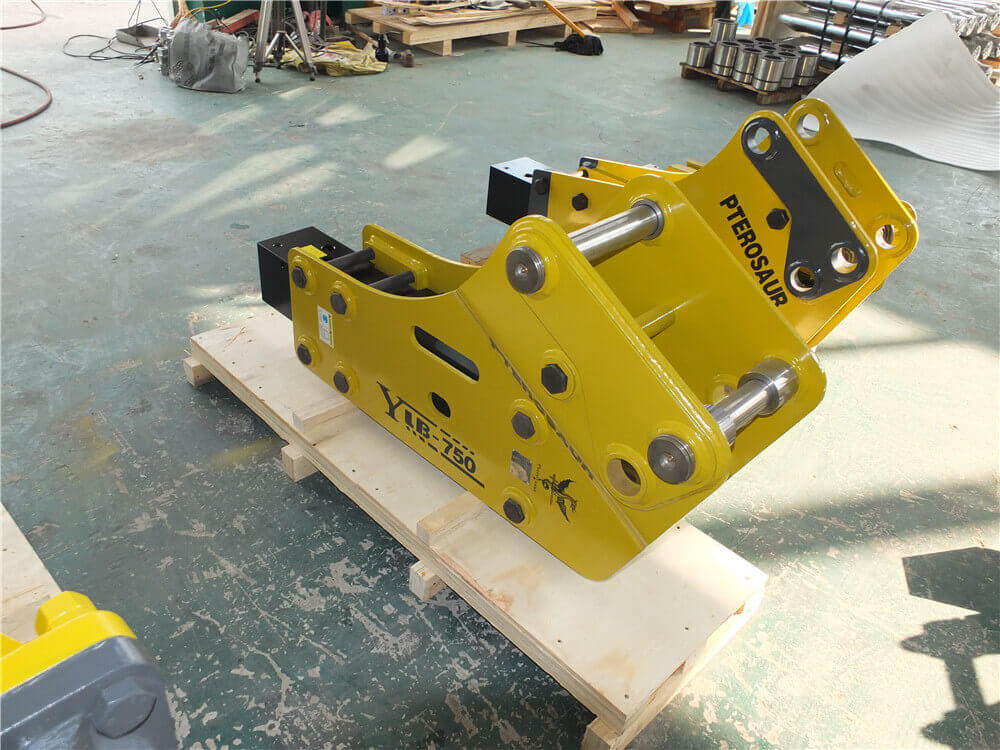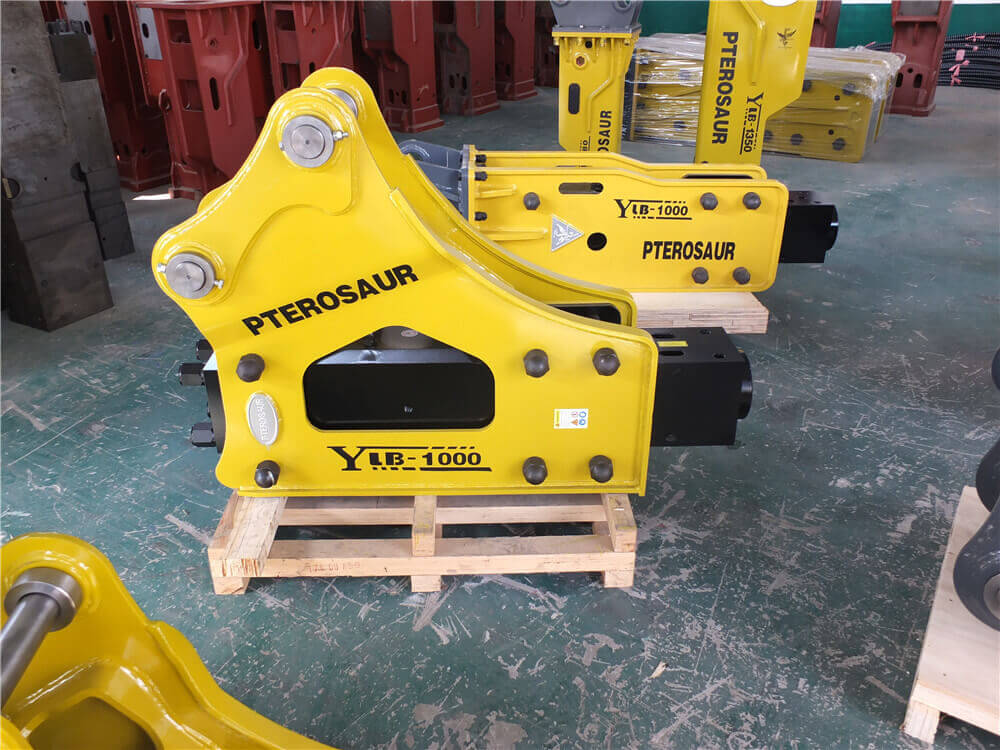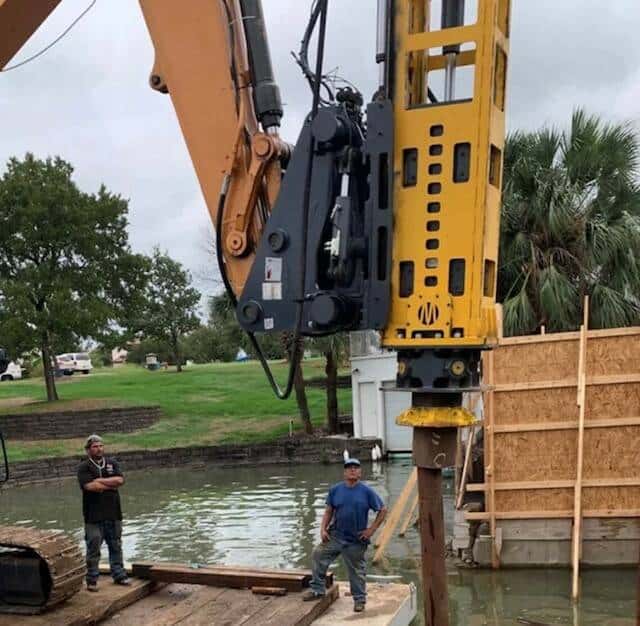The Essential Guide to Small Hydraulic Hammers: Power and Efficiency in Compact Design
Hydraulic hammers, particularly small range models, have gained immense popularity in construction and demolition industries due to their efficiency, versatility, and power. This article explores the features, benefits, and applications of small hydraulic hammers, making them an essential tool for various tasks.
What are Small Hydraulic Hammers?
Small hydraulic hammers are compact, powerful tools designed to break concrete, rock, and other materials. They are typically used with mini excavators and are engineered to perform efficiently in tight spaces. Models like the Rammer R10P and the Epiroc/Atlas Copco EC Small Range are prime examples of hydraulic hammers that excel in performance while being compatible with lighter equipment.
Key Features of Small Hydraulic Hammers
-
Durability and Reliability: Brands such as Best Hammer Industries and RJB Hydraulic Hammers emphasize high durability by utilizing genuine parts and superior raw materials. Advanced heat treatment processes enhance the lifespan of these hammers, ensuring they withstand rigorous use.
-
Performance Efficiency: Small hydraulic hammers are designed to deliver maximum efficiency. Models for mini excavators provide incredible power while maintaining a lightweight structure, making them ideal for various breaking applications. The fully-silenced ‘SC’ range, for instance, caters to projects from minor groundworks to major quarry operations, showcasing their versatility.
-
Adjustable Stroke Length: Some hydraulic hammers, like the small hydraulic jack hammer, allow users to adjust the hammer’s stroke length. This feature is particularly beneficial for adapting to different job requirements, enhancing both accuracy and effectiveness.
-
Compatibility with Various Carriers: Small hydraulic hammers are designed to be compatible with a wide range of carriers, typically weighing between 0.8 to 4 tons. This adaptability allows contractors to utilize them across multiple job sites and applications, from demolition to recycling.
Types of Small Hydraulic Hammers
1. Performance Line Hammers
These hammers are cost-effective solutions tailored for breaking applications. They are robust, silenced, and designed to meet the demands of various construction tasks.
2. Excellence Line Hammers
The flagship line from Rammer, the Excellence Line, has been serving customers globally for over four decades. These hammers are built to last and are suitable for a variety of breaking applications, making them a go-to choice for many professionals.
3. Specialized Models
Brands like Indeco and Gorilla Hammers offer specialized models that cater to specific needs. The Indeco HP series, for example, is designed for small excavators and focuses on high-tech construction quality, while Gorilla Hammers provides guidance on sizing and carrier matching to ensure optimal performance.
Applications of Small Hydraulic Hammers
Small hydraulic hammers are incredibly versatile and can be used in various applications, including:
- Demolition Projects: Perfect for breaking concrete foundations, walls, and other structures.
- Construction Sites: Ideal for preparing sites by breaking rock or concrete.
- Quarrying: Effective in primary breaking operations, making it easier to extract materials.
- Recycling: Useful in dismantling old structures for material recovery.
Conclusion
Small hydraulic hammers represent a perfect blend of power and efficiency, making them essential tools in the construction and demolition industries. Their durability, adjustable features, and compatibility with a variety of carriers ensure that they can tackle a wide range of tasks effectively. Whether you’re a contractor looking for reliable equipment or a DIY enthusiast, investing in a small hydraulic hammer can significantly enhance your project’s productivity and efficiency.

